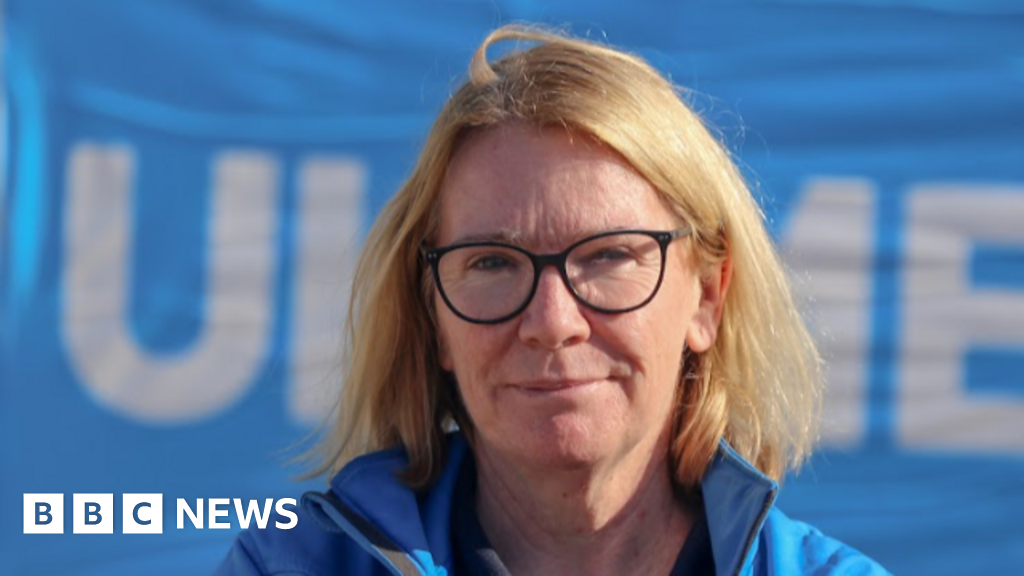Obasanjo advocates preventive healthcare at wellness expo
Former President Olusegun Obasanjo has called for a nationwide shift from curative medicine to preventive healthcare, stressing that individuals must take responsibility for their well-being.
He gave the advice during the official launch of The EverHale Living Company and its maiden Wellness Expo held, at the weekend, in Lagos. Obasanjo, speaking at the event, emphasised the importance of lifestyle changes in achieving long-term health and stated that preventive healthcare is more sustainable and cost-effective than treating illness after it sets in.
The former President, while reflecting on his health journey revealed that he had been managing diabetes for over 40 years, relying heavily on discipline, natural remedies, and traditional African wellness practices.
“You can call me a herbalist if you like. Wellness is not a luxury; it is a responsibility. And what EverHale is doing is restoring us to nature,” he said. He, therefore, urged Nigerians to be proactive about their health through diet, rest, exercise, yearly medical checks, and social connections.
The founder and Chief Executive Officer of EverHale, Johnson Adumike, also shared his motivation for launching the wellness company, recalling being diagnosed with Type 2 Diabetes in 2021 following a bout of food poisoning, an experience, he said, changed his outlook on health.
“Too often in Africa, wellness is reactive. We wait until we are down before we begin to seek healing. EverHale is not just a brand; it’s a movement that promotes balance, preventive health, and the dignity of intentional living,” he said. Adumike announced that EverHale had secured an exclusive African distributorship for the Body Reset range of non-GMO wellness products.
But beyond product distribution, he said, the goal was to shift mindsets and normalise investment in personal health. Meanwhile, the firm also unveiled the architectural model for the EverHale Wellness City; an ambitious health hub set to be Africa’s largest by 2027, which will include a 500-bed wellness clinic, diagnostic centres, research laboratories, and a residential complex aimed at medical tourism.
Adumike said the project would help African researchers and producers create, package, and export homegrown health solutions. He, however, condemned the tendency of Africans to prefer foreign wellness products over indigenous alternatives, calling for greater trust and confidence in local innovations.
“We have the raw materials, the people, and the science. What we now need is belief and bold investment,” he said.












